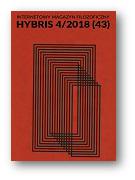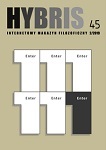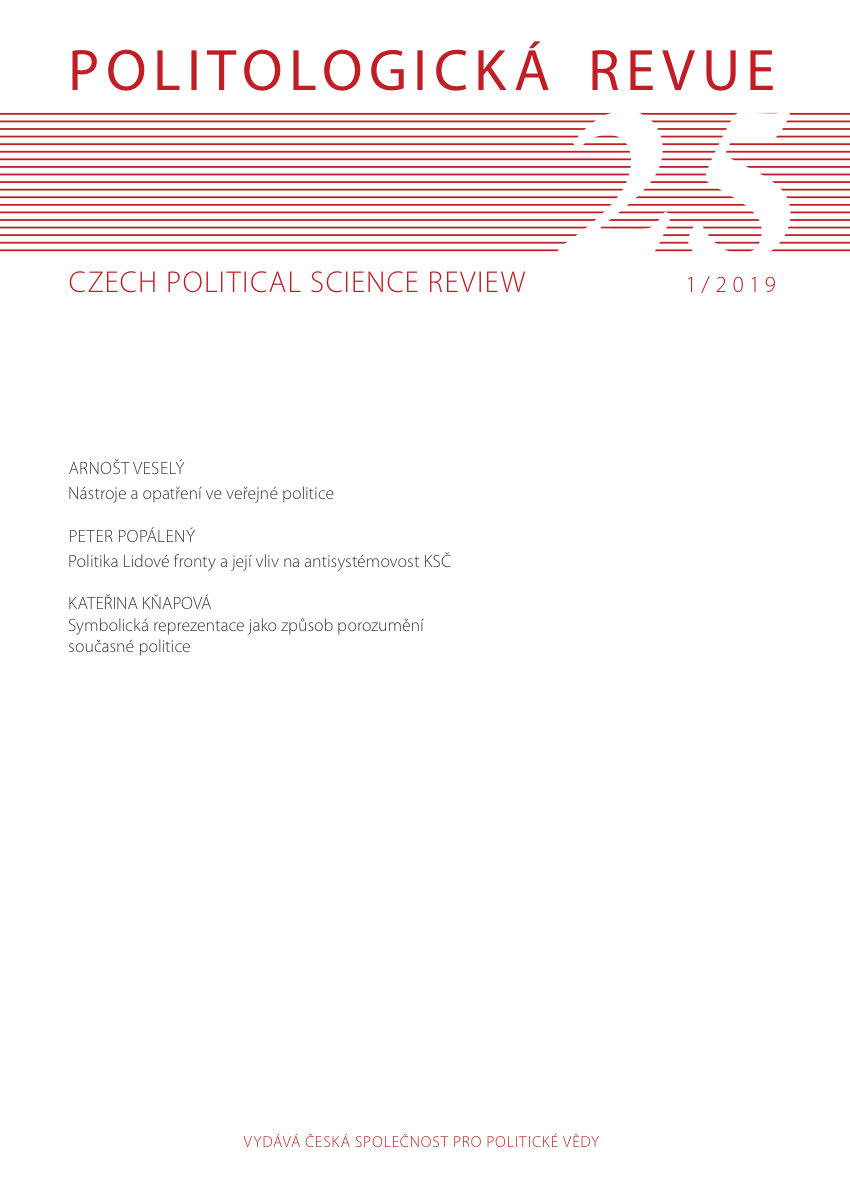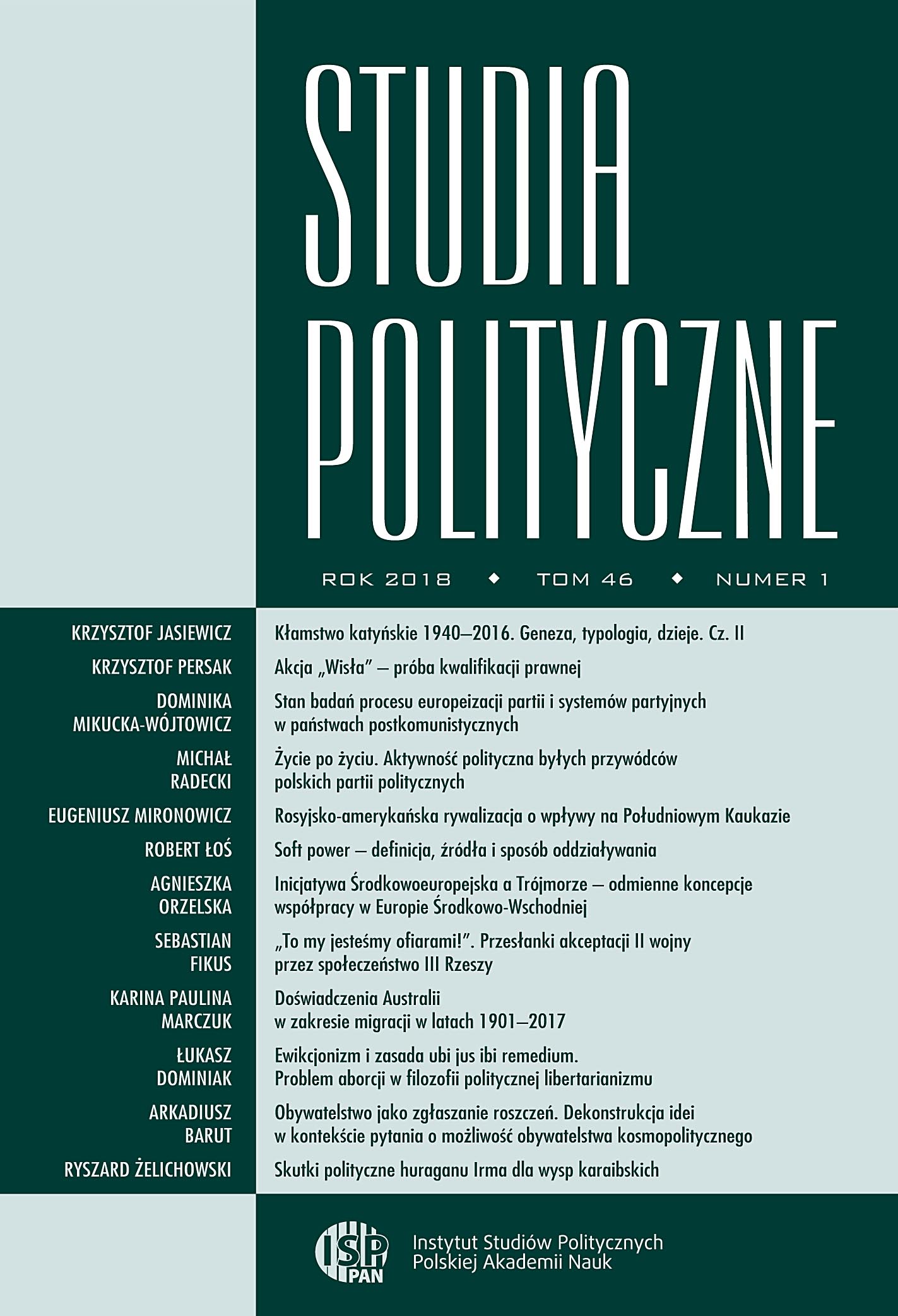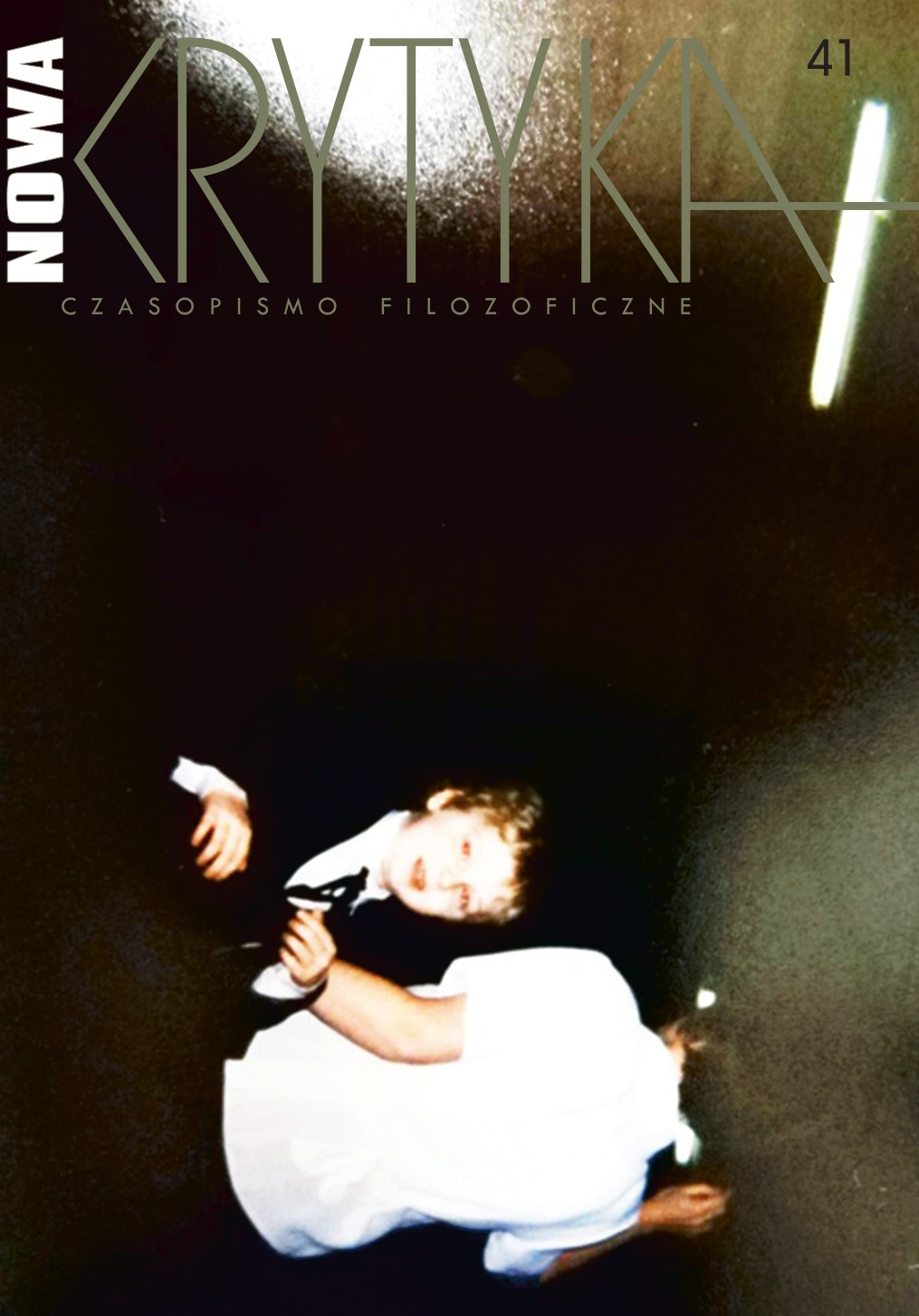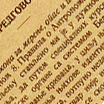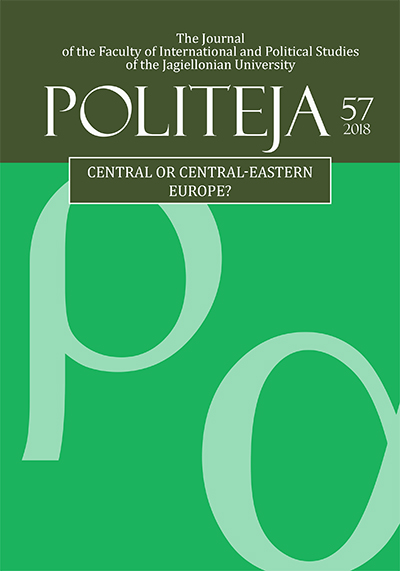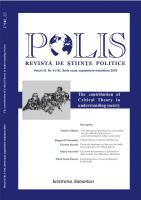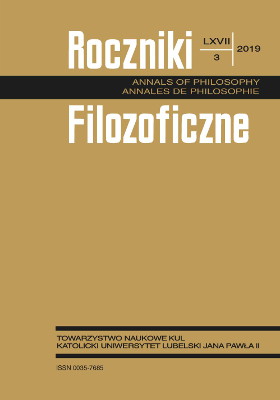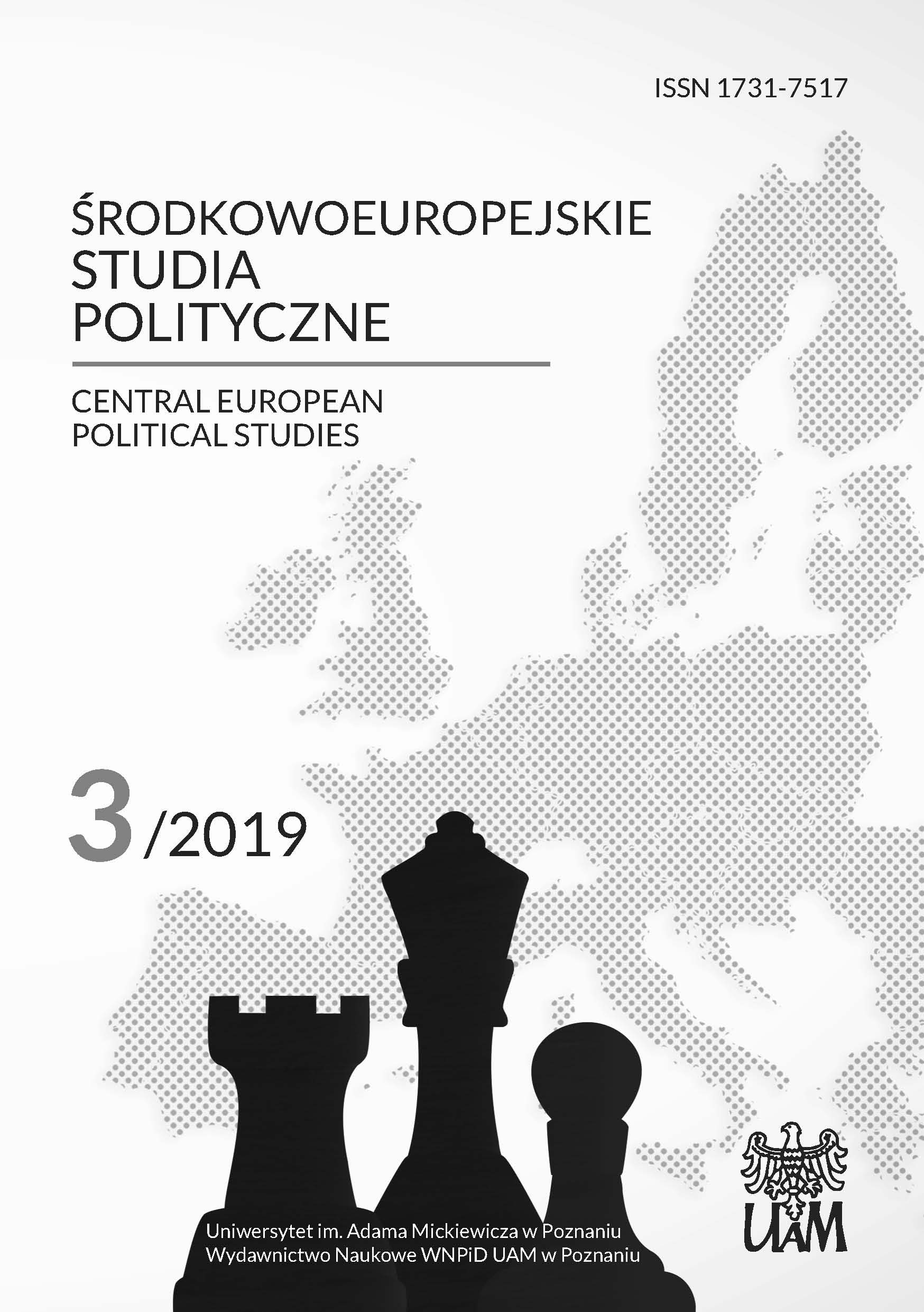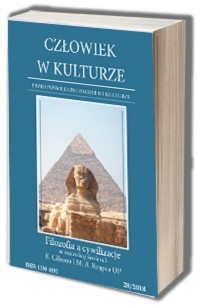Author(s): Giacomo Pezzano / Language(s): English
Issue: 14/2016
In this paper, I discuss the status of critical theory and thinking, claiming that we should not throw the baby out with the bathwater: if a certain way of conceiving and practicing it has nowadays become partial and unfit, then it’s not true that it is qua tale useless, old-fashioned, or dead. I start stressing that, in general, Critical Theory highlights that there is a problematic relation between individuals and social structure, which has to be pointed out, to indicate actual and possible transformations. Then, I propose a heuristic distinction between two main paradigms of Critical Theory and thinking (the modern Critical Theory and the postmodern Critical Theory), discussing three main aspects, separated but intertwined. The first is more strictly philosophical, involving the problem of the transcendent or immanent position of the critique: on the one hand, we have the external condemnation of the society, in the name of some kind of superior truth; on the other hand, we have the inner problematization of a given social field, according to criteria that have been posited by itself or that are implicit in it (§ 1). The second is more strictly anthropological, dealing with the problem of human nature and alienation: on the one hand, we have the hope for the restoration of a lost state of originary plenitude; on the other hand, we have the effort of learning the better way to deal with human openness and relationality (§ 2). The third is more strictly sociological, posing the question of ways and forms of life: on the one hand, we have an ironical attitude, aiming to elaborate a true counter-society that should take the place of the false present one; on the other hand, we have a humoristic attitude, that attempts to make the problem that a society both poses and tries to answer a problem that reemerges, so that it can be again for the first time seen as a problem.
More...


